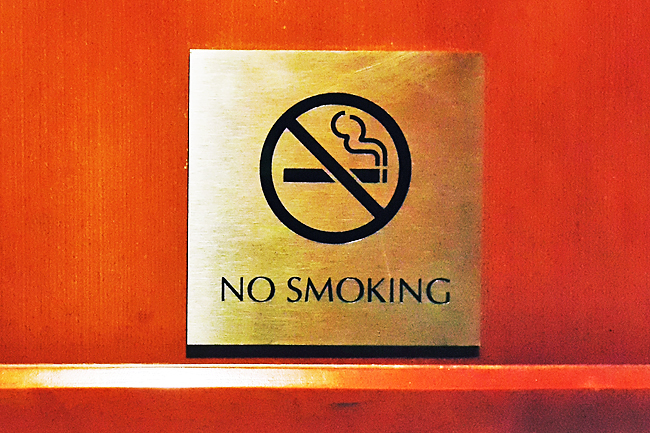The Sultanate is among the countries in the World Health Organization (WHO) Western Pacific Region that have achieved tobacco control best practice, with 12 per cent adult daily smoking prevalence, according to the WHO Report on the Global Tobacco Epidemic 2023 launched on Monday covering data until 2022. Best-practice is categorised as less than 15 per cent adult daily smoking prevalence.
Other ASEAN member countries that achieved best practice include Singapore (13 per cent) and Cambodia (14 per cent).
The country also received highest levels of achievement in tobacco control measures in ‘monitoring’, ‘smoke-free environment’, ‘health warning label’, and ‘national tobacco control programme’.
The report measured countries’ performance on MPOWER tobacco control measures introduced in 2008 to help countries implement demand-reduction measures of the WHO Framework Convention on Tobacco Control (WHO FCTC). The control measures include monitoring tobacco use and prevention policies; protecting people from tobacco smoke (smoke-free environments); offering help to quit tobacco use; warning about the dangers of tobacco (pack warnings and mass media); enforcing bans on tobacco advertising, promotion and sponsorship; and raising taxes on tobacco.

Brunei Darussalam is also among the countries in the region recognised for requirements in public places to display non smoking signs in smoke-free areas, signs with a telephone number or other mechanisms for the public to report violations and fines for establishments not preventing smoking in smoke-free areas.
The WHO report highlighted that 5.6 billion people – 71 per cent of the world’s population – are now protected with at least one best practice policy – five times more than in 2007.
In the last 15 years since the WHO’s tobacco control measures were introduced globally, smoking rates have fallen.
“Without this decline there would be an estimated 300 million more smokers in the world today,” the report said.
The WHO report, supported by Bloomberg philanthropies, is focused on protecting the public from second-hand smoke, highlighting that almost 40 per cent of countries now have completely smoke-free indoor public places.
The report rates country progress in tobacco control and shows that two more countries, Mauritius and the Netherlands, have achieved best-practice level in all MPOWER measures, a feat that only Brazil and Turkiye had accomplished until now. “These data show that slowly but surely, more and more people are being protected from the harms of tobacco by WHO’s evidence-based best-practice policies,” said WHO Director-General Dr Tedros Adhanom Ghebreyesus.
“I congratulate Mauritius on becoming the first country in Africa, and the Netherlands on becoming the first in the European Union to implement the full package of WHO tobacco control policies at the highest level.
“WHO stands ready to support all countries to follow their example and protect their people from this deadly scourge.” – Azlan Othman



